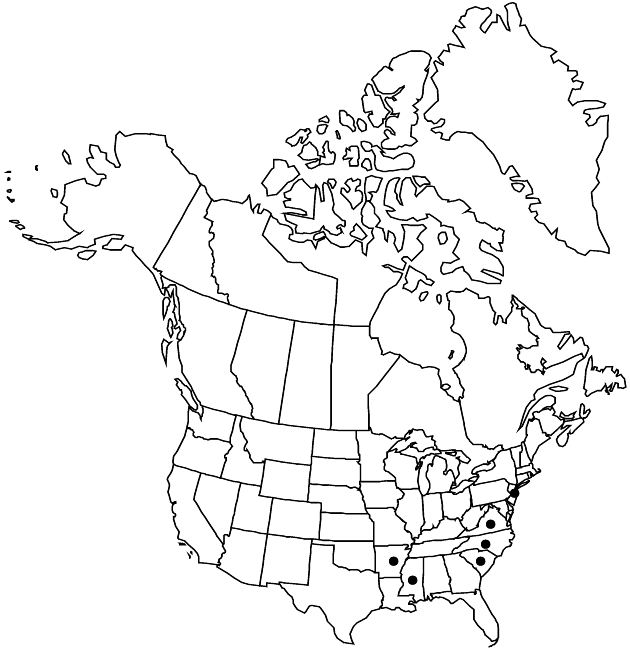Difference between revisions of "Eupatorium ×cordigerum"
Rhodora 47: 192. 1945.
FNA>Volume Importer |
imported>Volume Importer |
||
| (3 intermediate revisions by 2 users not shown) | |||
| Line 10: | Line 10: | ||
|name=Eupatorium rotundifolium var. cordigerum | |name=Eupatorium rotundifolium var. cordigerum | ||
|authority=Fernald | |authority=Fernald | ||
| + | |rank=variety | ||
|publication_title=Rhodora | |publication_title=Rhodora | ||
|publication_place=45: 477. 1943 | |publication_place=45: 477. 1943 | ||
| Line 37: | Line 38: | ||
-->{{#Taxon: | -->{{#Taxon: | ||
name=Eupatorium ×cordigerum | name=Eupatorium ×cordigerum | ||
| − | |||
|authority=(Fernald) Fernald | |authority=(Fernald) Fernald | ||
|rank=species | |rank=species | ||
| Line 52: | Line 52: | ||
|publication year=1945 | |publication year=1945 | ||
|special status= | |special status= | ||
| − | |source xml=https:// | + | |source xml=https://bitbucket.org/aafc-mbb/fna-data-curation/src/2e0870ddd59836b60bcf96646a41e87ea5a5943a/coarse_grained_fna_xml/V19-20-21/V21_1165.xml |
|tribe=Asteraceae tribe Eupatorieae | |tribe=Asteraceae tribe Eupatorieae | ||
|genus=Eupatorium | |genus=Eupatorium | ||
Latest revision as of 20:08, 5 November 2020
Perennials, 40–100+ cm. Stems (from short rhizomes) single, branched distally, densely pilose. Leaves usually opposite (distal sometimes alternate); sessile; blades ± 3-nerved or pinnately nerved, ovate, 3–9.8 × 1.6–5.7 cm, bases clasping or narrowly perfoliate, margins serrate, apices acute, faces (rugose) sparsely pilose (adaxial) or densely pilose (abaxial) and densely gland-dotted. Heads in corymbiform arrays. Phyllaries 7–10 in 2–3 series, 4–12 × 1–4 mm, apices (usually white) acuminate to acute, abaxial faces pilose, gland-dotted. Florets 5–8; corollas 2.5–3 mm. Cypselae 2–3 mm; pappi of 30–40 bristles 3.5–4.5 mm. 2n = 30, 40.
Phenology: Flowering Jul–Aug.
Habitat: Margins of woods, moist areas
Elevation: 10–100+ m
Distribution

Ark., Miss., N.J., N.C., S.C., Va.
Discussion
Eupatorium ×cordigerum is an apomictic, polyploid hybrid of E. rotundifolium and E. perfoliatum that occurs in disturbed areas where those two species occur together. It is not uncommonly encountered; it is unclear how long it persists.
Selected References
None.